ammonia
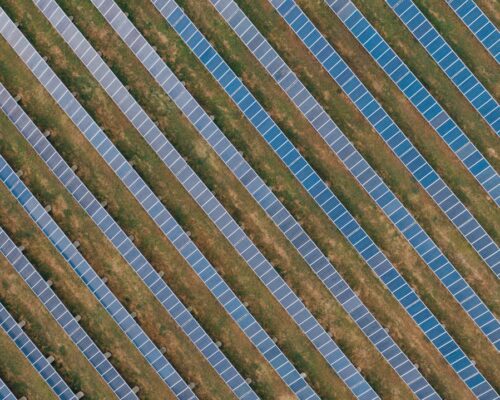
Proposed Ammonia Co-firing Solutions More Expensive than Renewables
The LCOE for ammonia co-firing exceeds that of renewable electricity, rendering Southeast Asia’s plans economically unfeasible. According to experts, instead of exposing themselves to the financial, environmental and health risks associated with ammonia co-firing, ASEAN nations should prioritise the accelerated deployment of renewable energy.
Ammonia Coal Co-firing: Solution Or Distraction?
Ammonia coal co-firing uses ammonia as a substitute in coal-fired power plants. While it provides a significant benefit of reducing the emissions of coal energy generation, it also creates several concerns for long-term decarbonisation strategies.
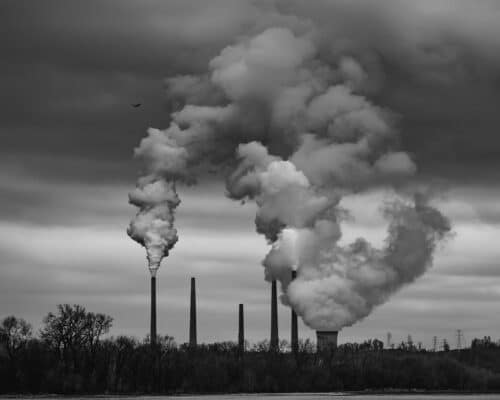
The Environmental and Climate Impacts of False Solutions on Japan
Japan is the leading proponent of the mass adoption of ammonia co-firing and CCS technologies for power generation domestically and across Asia. However, scientists warn that such steps will not only fail to reduce emissions but could also result in adverse impacts, including air pollution, water contamination and ecosystem degradation.
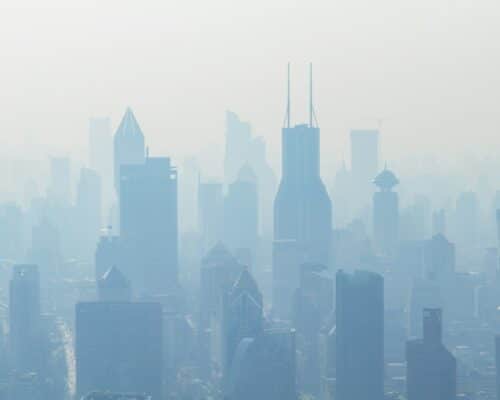
False Solutions to Climate Change Promoted in Southeast Asia Pose Various Risks
Instead of helping Southeast Asia wean itself off fossil fuels, ammonia-hydrogen co-firing solutions and CCS risk perpetuating their use and locking climate-vulnerable countries into a future of high emissions, air pollution and ecosystem disruption.

Clean Coal vs Renewables: Economic Costs and Gains For Southeast Asia
Despite the subsidies and industry support, Japan’s proposed technologies are struggling to prove promising even at home. Yet, it aims to export them to countries with much more fragile economies and significant challenges. Crunching the numbers reveals that Southeast Asia has a lot to gain if its pursues renewables instead.
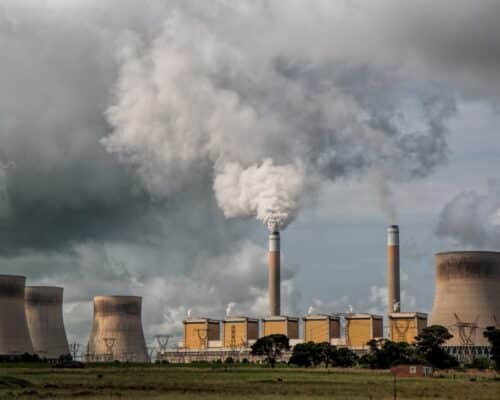
Why Does Japan Rely on Fossil Fuels?
Japan is often overlooked in the conversation about the biggest climate offenders. However, in their current form, Japan’s plans for “clean coal” and hydrogen pose a major risk, extending the life of fossil fuels.

The Problem With Japan’s Carbon Neutrality Targets and Climate Strategy
Japan is a hotspot for technology advancements, research and development. Few can rival its ability to create and scale new technologies and bring them to the market. Yet, the leadership has been questionable at best regarding climate progress and energy policy ambition.
Japan’s Energy Policy Is Turning It Into the World’s Climate Villain
Japan is quickly becoming the odd one at the table of the G7 regarding climate policies. Scientists, analysts and environmental and societal groups see it as the culprit of climate change inaction. It is time for Japanese governmental and corporate leadership to change that perception.

Are Ammonia Fuel Cells the Missing Link For Decarbonisation?
Ammonia fuel cell research is growing as the world searches for viable fossil fuel alternatives. Fuel cells are showing a potential to fill this gap, yet commercial viability remains to be determined.
Ammonia Fuel: Advantages and Disadvantages
Ammonia fuel has several characteristics that make it an excellent low-carbon fuel. However, several disadvantages must be addressed before its wide-scale application.
Ammonia Fuel: Powering Global Decarbonisation Efforts
Ammonia, generally used as a major component of fertiliser, is now being seen as a low-carbon fuel source. Yet, before this becomes viable green ammonia production technology must improve.
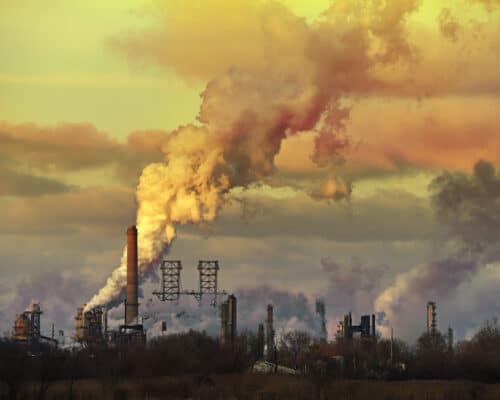
Energy Transition Technologies: Deficiencies of the Japan-led Guidelines
Recent guidelines on transition technologies for Asia, influenced by Japanese energy policies, promote CCUS and ammonia co-firing in the power sector. As a result, they risk derailing the decarbonisation efforts of SEA countries and the financing institutions investing in transition technologies.
Japanese Technology Expansion: Southeast Asia Pays the Price
This year's G7 meeting, which Japan will chair, remains an important moment for its international credibility in the battle against the climate crisis.
What Is Behind the Japan Ammonia Greenwash Accusations?
The Japan ammonia greenwash accusations are the latest testament of the country's hesitance to actively pursue a renewable-led future. After hydrogen, it now looks towards another fuel that experts consider more of a distraction, rather than a solution.
Most Popular
Categories
-
10
-
35
-
126
-
4
-
17
-
46
-
52
-
11
-
10
-
15
-
24
-
6
-
1
-
5
-
6
-
285
-
200
-
17
-
24
-
1
-
1
-
23
-
41
-
44
-
88
-
18
-
86
-
41
-
17
-
11
-
43
-
54
-
86
-
299
-
22
-
44
-
36
-
11
-
42
-
36

